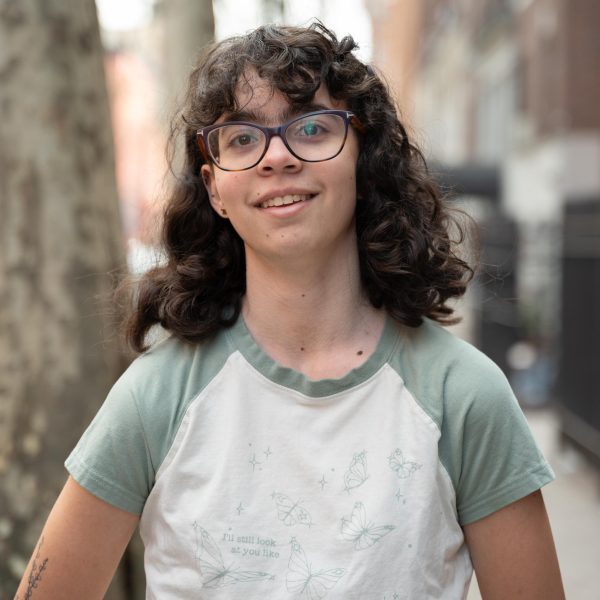The Tisch School of the Arts drama program boasts global recognition, but its structure, particularly its studio placement process, remains a subject of disagreement. As a friend of Tisch students, I’ve observed a recurring theme: the disparities among the 10 different drama studios within the school. From the operatic tones of the New Studio on Broadway to the method acting techniques of the Atlantic Acting School, the differences in approaches leave some students thriving and others hoping they had more options.
The current system, where students are assigned to studios based on an audition and interview, lacks consideration for individual preferences and strengths. To be fair to students and ensure they are able to have some control over their career path, Tisch should provide students the ability to rank their studios to guarantee they are placed appropriately.
Unlike traditional drama schools like The Juilliard School, upon auditioning for Tisch, students are assigned to one of eight Tisch studios. These studios encompass a range of disciplines, techniques, acting styles, musical theater and production. This structure not only denies applicants the opportunity to express their preferences during the application process, but also makes students feel trapped in an unsuitable studio for the duration of their studies.
“I was really hesitant about going to NYU, and it’s the only school I was auditioning for with that kind of process,” Mercy Roberts, a first-year in The Meisner Studio, told WSN. “I originally really didn’t want to go to NYU because I didn’t want to be stuck studying something that I don’t want to study for three years — that’s a big commitment.”
The absence of studio preference options in the application process makes prospective students feel anxious and uncertain of their academic trajectory. Students don’t receive their studio assignments until late May, after already committing to NYU and turning down acceptance letters from other institutions. This limits students’ choices and makes them feel forced to accept the university’s selected studio.
“By the time you know what studio you’ve been accepted into, you have to go to NYU,” Pilar Lee, a first-year at NSB, said. “You should be able to select a top studio and know if you got into that one or not because, for a lot of people, they have one studio that they want to go to and it’s all or nothing for NYU.”
To help alleviate students’ doubt, Tisch can implement a more transparent and student-centered approach to the application process. By allowing students to rank their studio preferences and releasing studio assignments before the commitment deadline, Tisch would allow students to make informed decisions about their artistic futures. This ranking system would increase the likelihood of students being placed in their desired studios and lower chances of being stuck somewhere that doesn’t suit them. Equally as important, studio decisions should be released before attendance becomes mandatory so that drama students can have the freedom to weigh their options for other universities.
Gabriel Gray, a student in the Stella Adler Studio of Acting, is now in the process of transferring to the College of Arts & Science to study economics.
“I got put into a studio that doesn’t fit me well and now I’m switching out,” Gray said.
Tisch’s current system, while understandable in its intention, often results in students feeling trapped in studios that don’t suit them, leading to early transfers out of the program. However, by allowing students to rank their preferred studios in the application process, Tisch has the potential to make the system more efficient, transparent and less stressful for aspiring artists.
WSN’s Opinion section strives to publish ideas worth discussing. The views presented in the Opinion section are solely the views of the writer.
Contact Jack Sloan at [email protected].
























































































































































